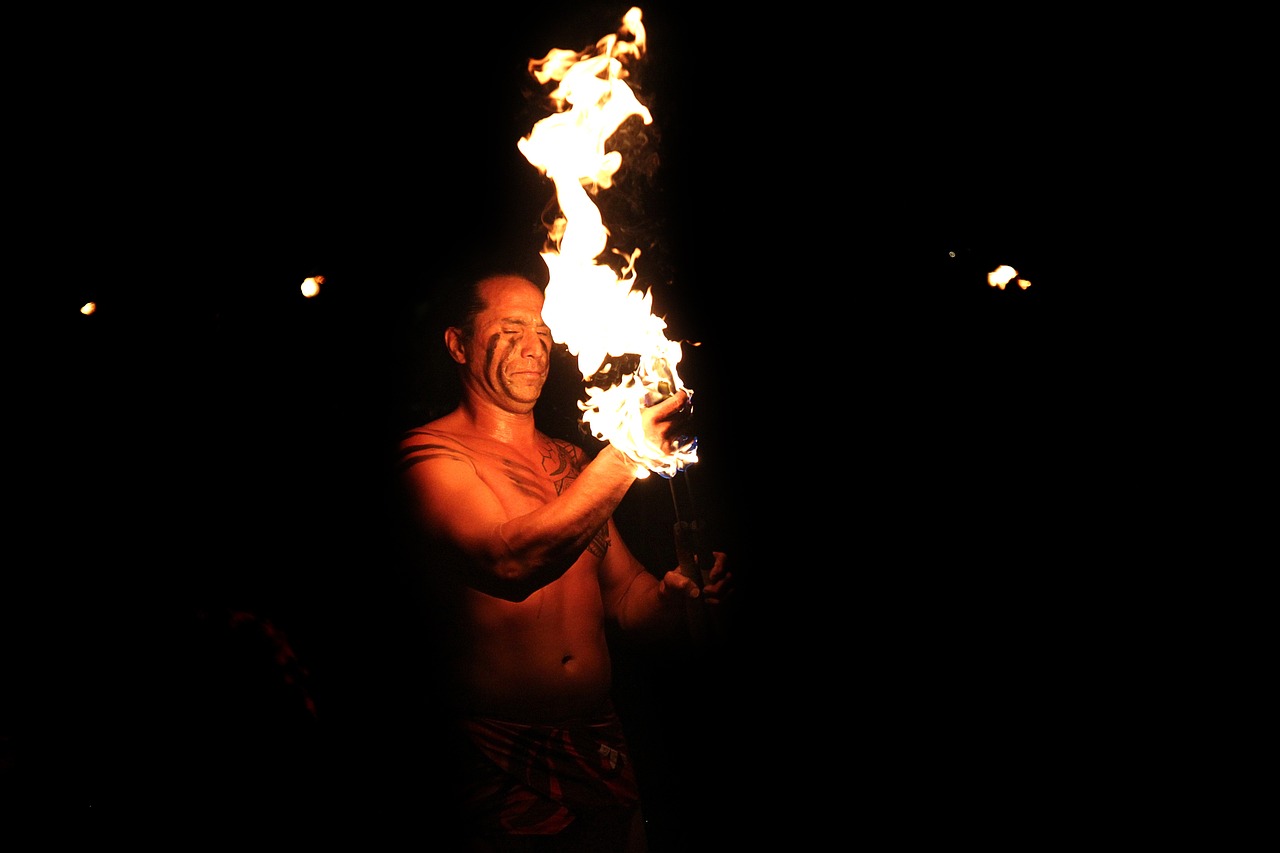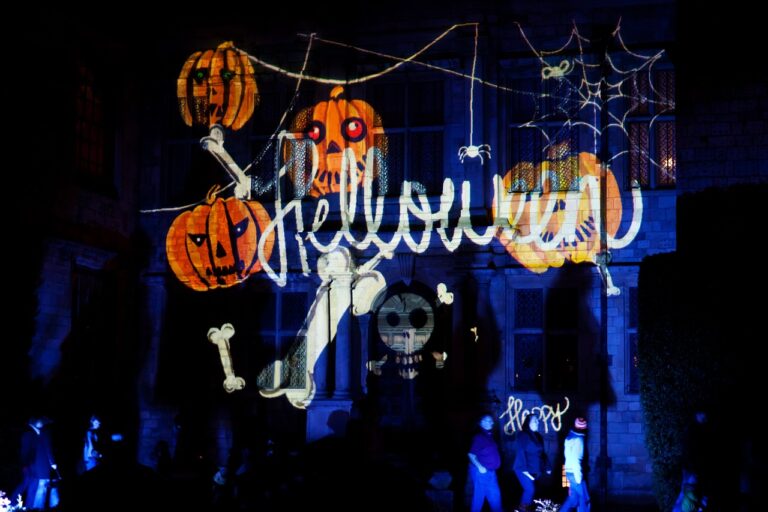The Evolution of Fashion Shows in the Digital Age
The evolution of traditional runway shows has been a fascinating journey in the world of fashion. From exclusive events reserved for industry insiders to becoming global spectacles accessible to the masses, runway shows have undergone a significant transformation. What once only took place in the fashion capitals of the world is now being live-streamed and shared on various digital platforms, breaking down barriers and reaching a wider audience.
With the rise of social media, traditional runway shows have adapted to the digital age. Designers now have the opportunity to engage directly with their audience, creating a more interactive and immersive experience. Social media platforms like Instagram and TikTok have become essential tools for promoting fashion shows, allowing designers to showcase their collections in real-time and generate buzz before, during, and after the event.
• Traditional runway shows have become more inclusive and accessible to a wider audience
• Social media has played a significant role in the evolution of traditional runway shows
• Designers can now engage directly with their audience through digital platforms
• Instagram and TikTok are essential tools for promoting fashion shows and generating buzz
Influence of Social Media on Fashion Shows
Social media has undeniably revolutionized the landscape of fashion shows in recent years. Platforms like Instagram, Twitter, and TikTok have become powerful tools for designers to showcase their collections to a global audience instantly. The real-time nature of social media allows for a broader reach and engagement, transcending geographical boundaries and time zones.
In addition to providing a platform for live streaming fashion shows, social media has become instrumental in shaping trends and influencing consumer behavior. Fashion influencers, bloggers, and celebrities play a significant role in amplifying the reach of runway shows by sharing their perspectives and favorite looks with their followers. This democratization of fashion through social media has enabled a more inclusive and diverse representation within the industry, allowing emerging designers and underrepresented voices to gain visibility and recognition.
Digital Transformation of Fashion Weeks
As fashion weeks continue to evolve in the digital era, the traditional concept of exclusive runway shows is undergoing a significant transformation. With the rise of social media and digital platforms, fashion designers and brands are redefining how they showcase their collections to a global audience. The once-exclusive events are now becoming more inclusive and accessible to fashion enthusiasts worldwide.
Digital transformation has not only changed the way fashion shows are presented but has also revolutionized the entire fashion industry. Designers are increasingly embracing technology to engage with their audience in innovative ways, from livestreaming runway shows to creating interactive digital experiences. This shift towards a more digital approach has opened up new opportunities for creativity and collaboration, shaping the future of fashion weeks in a dynamic and exciting way.
How have traditional runway shows evolved over time?
Traditional runway shows have evolved to incorporate more digital elements, such as live streaming, virtual reality experiences, and social media integration.
How has social media influenced fashion shows?
Social media has had a significant impact on fashion shows, with influencers and celebrities sharing their experiences in real-time, creating buzz and excitement around the events.
What does the digital transformation of fashion weeks entail?
The digital transformation of fashion weeks involves leveraging technology to reach a wider audience, engage with consumers in new ways, and create immersive experiences that go beyond the physical runway show.
How has technology changed the way fashion weeks are experienced?
Technology has made fashion weeks more accessible to a global audience, allowing people to participate in the events virtually and interact with brands and designers in ways that were not possible before.
What are some examples of digital innovations in fashion weeks?
Some examples of digital innovations in fashion weeks include virtual fashion shows, augmented reality experiences, and interactive shopping platforms that allow consumers to shop directly from the runway.







